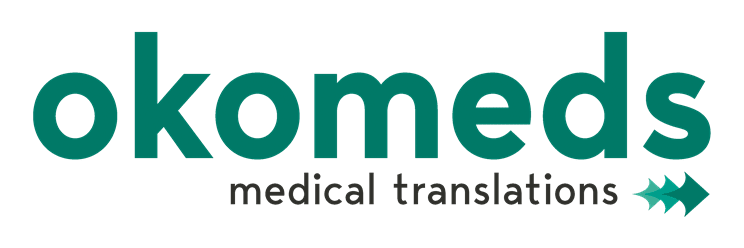
18 Sep Inclusive language in medical translation: Promoting health for all
Medical translation enables borders to be crossed, allowing medical information to reach everyone. This is something I’m sure you already know. But did you know that to ensure that it effectively reaches everywhere and everyone, it is essential that translators use inclusive language in their medical translations?
In other words, among the many challenges faced by translators is that of ensuring that the language used is inclusive, respectful and equitable in every sense. In this post, we will tell you about the importance of inclusive language to promote equity in health care and some strategies to address it.
Cultural and linguistic diversity
Each community has its own cultural norms, values and beliefs. Consequently, each community has its own way of understanding and communicating medical information. Translators must therefore be aware of these cultural differences to avoid misunderstandings and adapt the translation according to the specific cultural context.
Strategies to promote inclusive language in medical translation
How can translators promote inclusive language and facilitate equal access to health care? Here are some key factors:
Adapt the language to the audience:
Translators should consider the target audience and adapt the language to their level of understanding. For example, if the text is intended for a non-scientific audience, it is important to avoid complex medical jargon. In the same way, it is necessary to opt for clear language that facilitates the understanding of medical information.
Acquire cultural sensitivity and respect for beliefs and values:
It is essential to respect cultural beliefs, avoid imposing beliefs, and adapt terminology to respect cultural perspectives. Therefore, translators should identify and address medical terms that may be sensitive in certain cultures. Cultural sensitivity is essential to find appropriate and respectful solutions in the target language.
Research culturally appropriate terms and expressions
Medical translation involves understanding cultural differences and finding terms and expressions that are culturally appropriate and understandable for the target community.
Use gender-neutral and gender-inclusive terms:
It is important to use gender-neutral and gender-inclusive terms and expressions that do not reinforce gender stereotypes or discrimination. For example, use the word “person” instead of “man” or “woman”. Another equally necessary example is the need not to fall into the duality of doctor – man, nurse – woman.
Respect gender identities
When translating medical documents that include information about gender identities, it is important to use terms that are culturally relevant and respectful to LGBTQ+ people.
Consult experts in the field:
Whenever possible, it is beneficial to have the advice of health professionals and subject matter experts in both cultures to ensure an accurate translation. This would include physicians and public health specialists who are native speakers of the target language, and linguists.
Review and feedback:
Likewise, translators should be open to receiving feedback and making adjustments to improve the quality and effectiveness of the message.
Awareness of traditional medical practices:
Some communities may have traditional medical practices and belief systems that differ from those of Western medicine. Translators who are working with texts relating to this field should be respectful and avoid judging the practices that are not characteristic of their culture.
Promoting health for all through inclusive language in medical translation
Medical translation with an inclusive approach is crucial to ensure that health-related information and equitable, quality healthcare effectively reach all communities.
By addressing cultural diversity with sensitivity and respect, translators become agents of change promoting a more inclusive future in access to health information.






Sorry, the comment form is closed at this time.